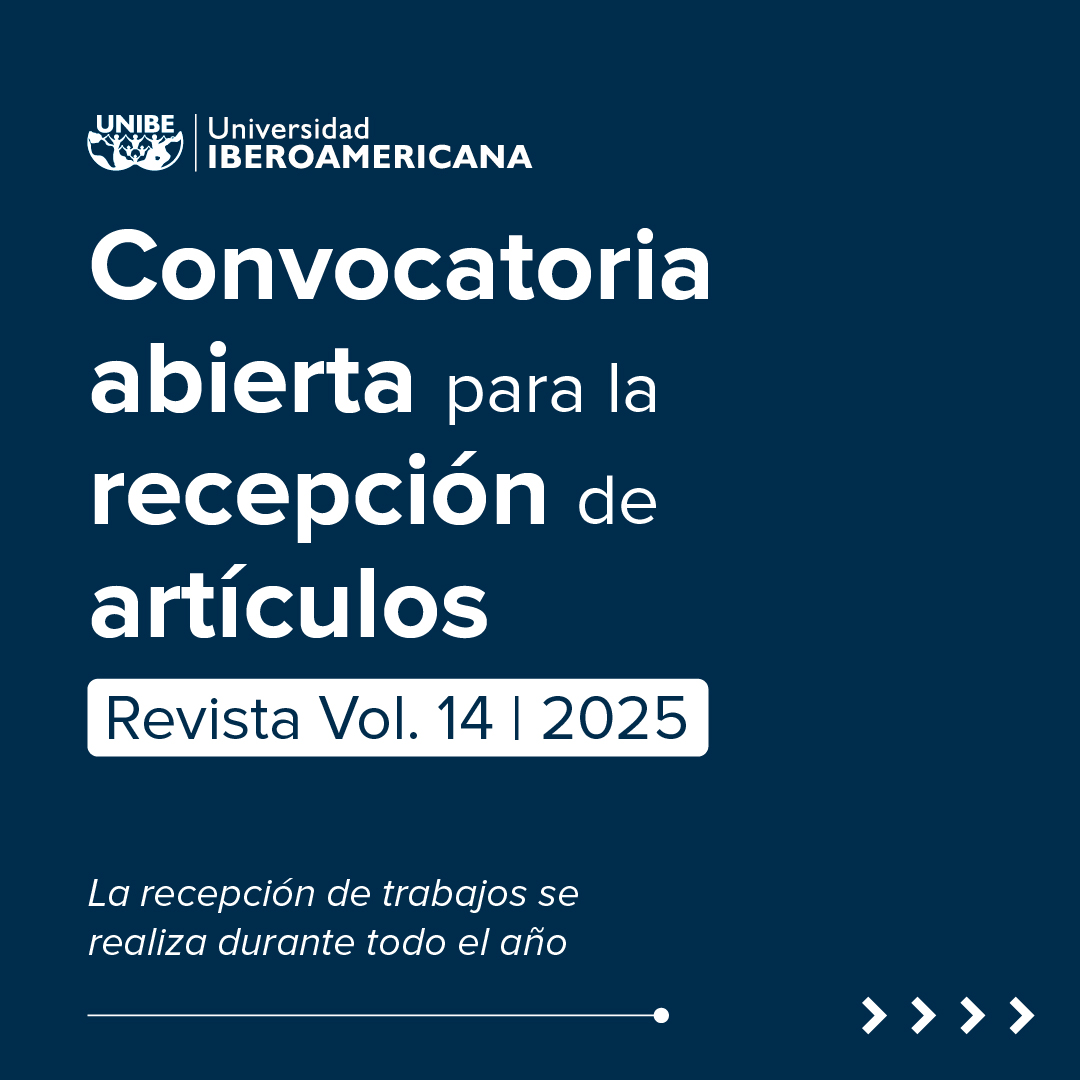Discrepancies between physical therapy education and clinical practice: a narrative review
DOI:
https://doi.org/10.26885/rcei.13.2.165Keywords:
physical therapy education, clinical practice, discrepancies, simulation, evidenceAbstract
Physiotherapy is a health discipline focused on body movement that adopts a holistic perspective, recognizing the interdependence between body and mind. This narrative review assessed discrepancies between physical therapy education and clinical practice using a comprehensive search of databases such as PubMed and Google Scholar to identify studies published between 2000 and 2023. Data were qualitatively analyzed to identify recurring themes. A significant lack of alignment was found between the academic curriculum and clinical demands. Physical therapists face barriers such as lack of time and resources, which limits the application of evidence-based practices. In countries such as Norway, Ireland and Colombia, work overload and lack of resources exacerbate discrepancies, affecting the quality of care. The COVID-19 pandemic exacerbated these difficulties by disrupting practical training. The integration of methodologies such as clinical simulation and continuous training is proposed, in addition to changes in the health system that allow adequate times for the evaluation and treatment of patients. Addressing these discrepancies is crucial to improve student preparation and ensure that physical therapists are equipped to meet clinical demands and deliver high-quality care.
Downloads
References
Arrivillaga, M. (2021). Assessing Health Services in Colombia: Development of a Conceptual Framework and Measurement tools based on primary data. SAGE Open, 11(2), 215824402110168. https://doi.org/10.1177/21582440211016844 DOI: https://doi.org/10.1177/21582440211016844
Choi, C. M. (2024). Effect of simulation-based learning on student self-efficacy in cardiopulmonary physiotherapy education. https://doi.org/10.21203/RS.3.RS-3876224/V1 DOI: https://doi.org/10.21203/rs.3.rs-3876224/v1
Dannapfel, P., Peolsson, A., y Nilsen, P. (2013). What supports physiotherapists’ use of research in clinical practice? A qualitative study in Sweden. Implementation Science, 8(1), 31. https://doi.org/10.1186/1748-5908-8-31 DOI: https://doi.org/10.1186/1748-5908-8-31
O’Shea, O., Mulhall, C., Condron, C., McDonough, S., Larkin, J., y Eppich, W. (2023). A qualitative study of physiotherapy educators’ views and experience of practice education and simulation-based learning. International Journal of Healthcare Simulation. https://doi.org/10.54531/hkoi8650 DOI: https://doi.org/10.54531/hkoi8650
Olsen, N. R., Bradley, P., Lomborg, K., y Nortvedt, M. W. (2013). Evidence based practice in clinical physiotherapy education: a qualitative interpretive description. BMC Medical Education, 13(1), 52. https://doi.org/10.1186/1472-6920-13-52 DOI: https://doi.org/10.1186/1472-6920-13-52
Opoku, E. N., Khuabi, L. A. J. N., y Van Niekerk, L. (2021). Exploring the factors that affect the transition from student to health professional: an Integrative review. BMC Medical Education, 21(1), 558. https://doi.org/10.1186/s12909-021-02978-0 DOI: https://doi.org/10.1186/s12909-021-02978-0
Thompson, M., Pawson, C., y Evans, B. (2021). Navigating entry into higher education: the transition to independent learning and living. Journal of Further and Higher Education, 45(10), 1398–1410. https://doi.org/10.1080/0309877X.2021.1933400 DOI: https://doi.org/10.1080/0309877X.2021.1933400
Worum, H., Lillekroken, D., Ahlsen, B., Roaldsen, K. S., y Bergland, A. (2019). Bridging the gap between research-based knowledge and clinical practice: a qualitative examination of patients and physiotherapists’ views on the Otago exercise Programme. BMC Geriatrics, 19(1), 278. https://doi.org/10.1186/s12877-019-1309-6 DOI: https://doi.org/10.1186/s12877-019-1309-6
Downloads
Published
How to Cite
Issue
Section
License
Copyright (c) 2024 Julian Andres Hernandez Quintero

This work is licensed under a Creative Commons Attribution 4.0 International License.













